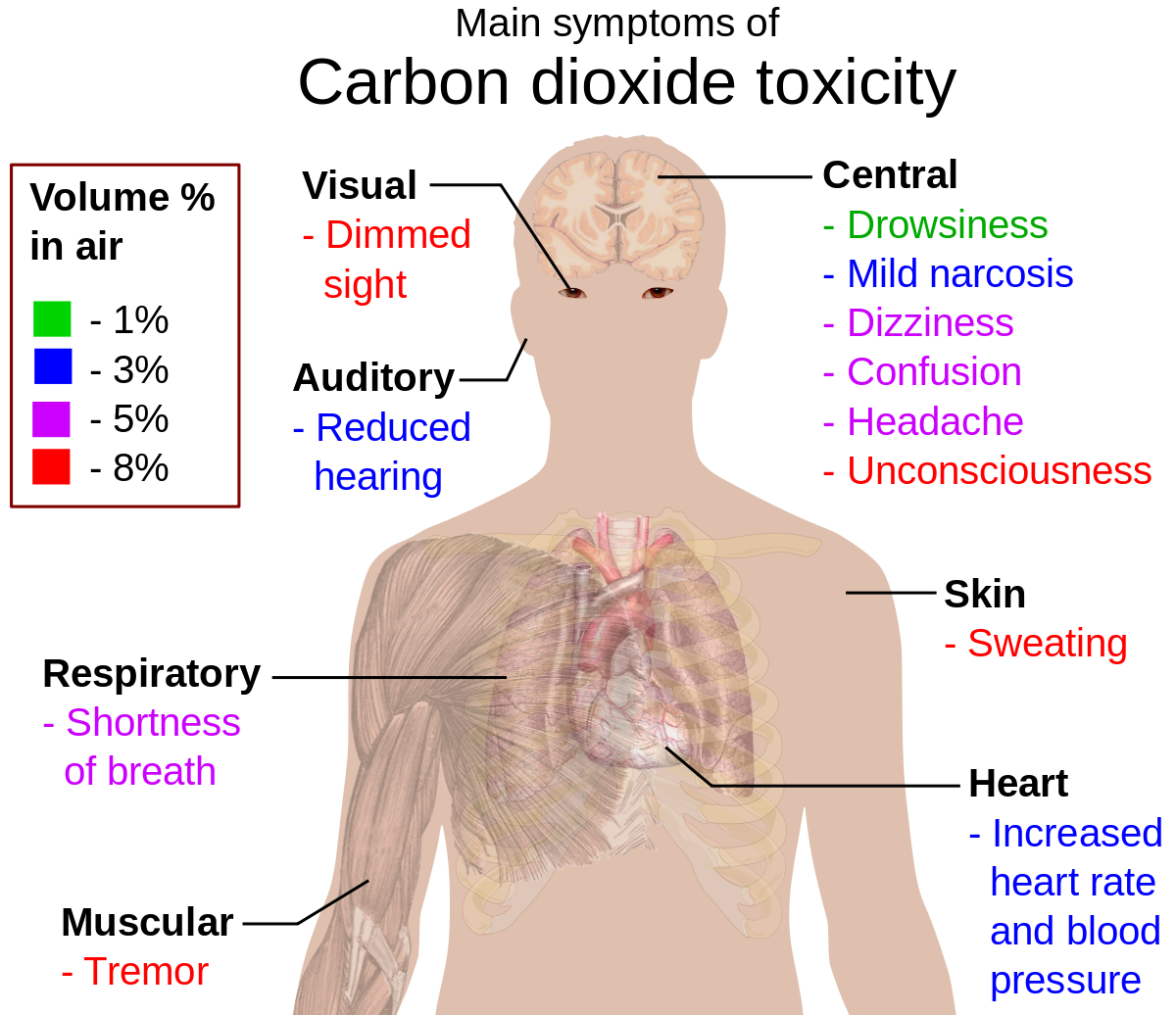Wearing face mask has become the new normal for people after the COVID-19 pandemic. However, there has been disinformation about health risks of face masks. A number of Facebook and social media users have shared misleading posts regarding prolonged use of face mask causing oxygen deficiency in the body - hypoxia.

The claim can be traced back to an article published in Nigeria newspaper Vanguard. It was credited to “Dr Dennis A Castro B”.
Breathing over and over exhaled air turns into carbon dioxide, which is why we feel dizzy.
This intoxicates the user and much more when he must move, carry out displacement actions. It causes discomfort, loss of reflexes and conscious thought. It generates great fatigue. In addition, oxygen deficiency causes glucose breakdown and endangered lactic acid rise.
The post doesn’t specify the type of mask used (N95, surgical or homemade), the material and size.
Another post on Facebook claimed that prolonged use of mask results in hypercapnia which is caused by rebreathing in too much of one’s own exhaled carbon dioxide or hypercapnia.

Nevertheless, research articles and experts suggest that such symptoms are unlikely to occur in most people, unless the wearer has pre-existing respiratory illnesses such as asthma or chronic obstructive pulmonary disease (COPD).
According to Dr Abrar Ahmad Chughtai, an epidemiologist and lecturer at the School of Public Health and Community Medicine at University of New South Wales, Australia, the risk of hypoxia and hypercapnia are unlikely to occur with cloth and surgical masks as they are not tight-fitting.
Face mask should not be placed on young children under two years old, those with breathing difficulty, or when exercising.
Face masks could provide a barrier for potentially infectious droplets in areas where physical distancing of at least one metre is not possible - The World Health Organization (WHO)
In conclusion, the impact of face mask depends on one’s health, underlying respiratory illnesses, the type of mask, and the length of time the person wears it.

References:
- WARNING: Prolonged use of facemask produces hypoxia | Vanguard
- Is it dangerous to wear a COVID-19 protective mask for too long? | Snopes
- Fact check: Can prolonged use of masks cause oxygen deficiency and fatigue? | India Today
Image credit:
- https://img.kyodonews.net/english/public/images/posts/1a515da100f1b41be8e341e7dc9cbb0b/cropped_image_l.jpg
- https://www.thip.media/wp-content/uploads/2020/05/Hypoxia-mask-claim.png
- https://upload.wikimedia.org/wikipedia/commons/thumb/3/35/Main_symptoms_of_carbon_dioxide_toxicity.svg/1200px-Main_symptoms_of_carbon_dioxide_toxicity.svg.png
- https://cdn1.yalemedicine.org/images/a5a25436-4c67-4412-9358-79c321dd719f_tcm990-383424_w828_h466.jpg








